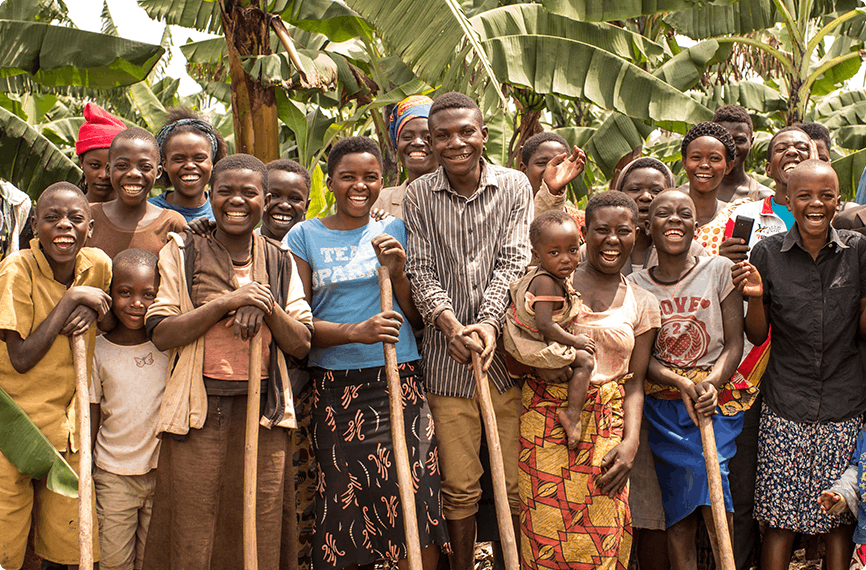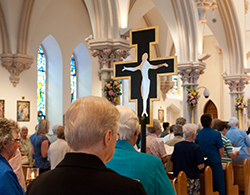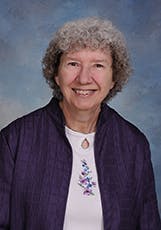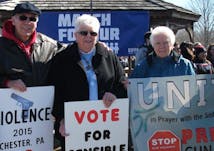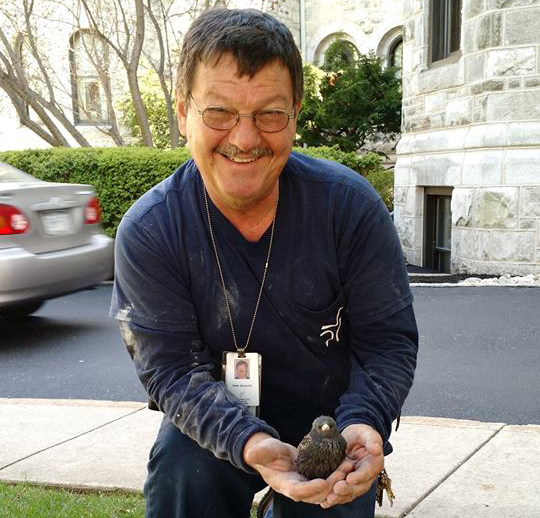Since the early 1980s the Sisters of St. Francis of Philadelphia were fortunate to be able to award Social Justice Fund grants, and have been blessed to learn of the difference these grants have made in the lives of those who are poor and/or marginalized. However, due to the present changing times, our congregation finds it necessary to reorganize its distribution of charitable funds. Because of this development, the Sisters of St. Francis will no longer be awarding Social Justice Fund grants.
It is our hope and prayer that the Holy Spirit will guide you to another source of funds.
Peace and all good!
Social Justice Grant Partner Profile: Zoe Empowers
Over the past 40 years, the recently closed Social Justice Grants program has funded countless worthy projects all over the world both domestically and internationally. As I was reviewing the file prior to our closing-out celebration of March 7, one project in particular absolutely blew me away. In 2017 the Sisters of St. Francis gave a grant of $5,000 to Zoe Empowers, an NGO working with orphans and vulnerable children across seven countries and three continents. Zoe Empowers works with child-headed families—yes, you read that correctly—mostly orphans or children with disabled parents or guardians. These children are truly the most vulnerable members of their communities. They are often unclean, despised, and abused by others, frequently ill, hungry, and homeless with the oldest sibling frantically trying to care for the others.
Zoe was founded in 2004 in response to the huge number of HIV/Aids orphans in Africa. The organization began as a typical relief agency providing orphans with emergency funds, food, medical care, and other services. After several years, the organization encountered a revolutionary way of caring for these children pioneered by a group of Rwandan social workers. These workers, led by Epiphani Mujawimana, had become concerned with the way typical relief work left children dependent on outside help, vulnerable to changes in external organizations, and unable to care for themselves. Instead, they found a way to empower children to become entirely self-sufficient while caring for themselves, their relatives, and other vulnerable children in their communities.
Zoe Empowers’ model begins by working with one local social worker and a variety of local staff, mentors and community leaders to identify the most vulnerable and at-risk children in a given village. They slowly work to gain the children’s trust and invite them to become part of a peer support group. Over the course of the next three years, this group, with the help of local adult staff members, addresses six key areas children need to be safe and independent. Zoe Empowers helps children achieve food security, safe and reliable housing, health and hygiene, education, income, knowledge of their rights, community connections, and spiritual growth.
The organization provides them with small grants to help start their own small businesses, seeds to plant their first crop (which typically produces enough to feed them and to plant for the next crop), skills training, and access to land. Younger children return to school—first with Zoe’s help to pay fees and buy uniforms and then with money that their family has earned. Older siblings become the owners of multiple small businesses, including farming, hairdressing, baking, and other handicrafts. They go from being beggars to becoming bosses who employ and provide income to other at-risk children. After three years, 95% or more of Zoe’s children are entirely self-sufficient. They give back to their communities and become highly respected local leaders. In addition to employing other children, they often adopt other orphans into their families at significant cost to themselves. They also give money to support the organization that changed their lives—to the tune of over $12,000 in 2018. They build community centers and fund new empowerment groups to give other children the chance to break out of the cycle of poverty and to become independent contributing members of society.
There isn’t room here to detail the many stories of lives changed through Zoe and through the grant that the Sisters of St. Francis provided. I encourage you to go online to http://zoeempowers.org/resources/blog/ to read some of the children’s stories for yourself. Have your tissue box ready!
Katherine Stevick
